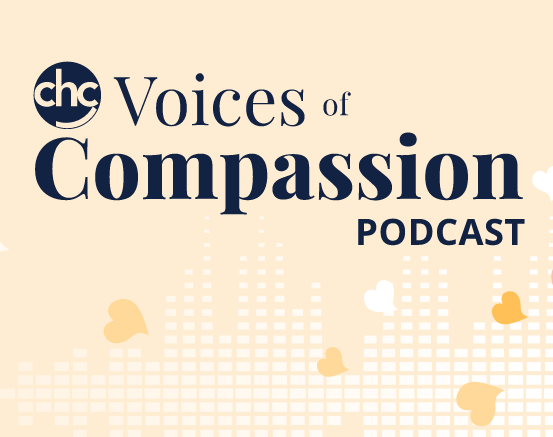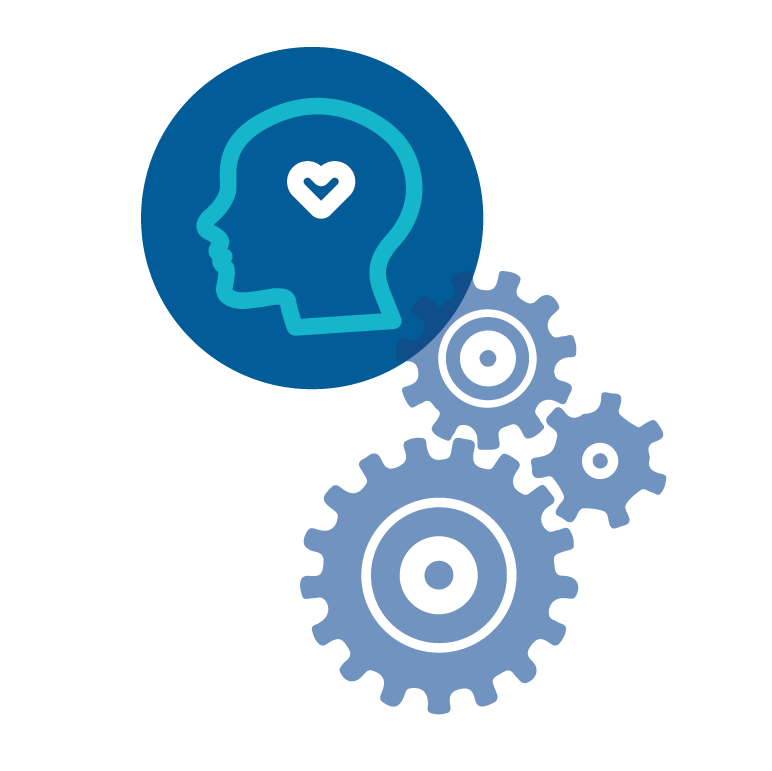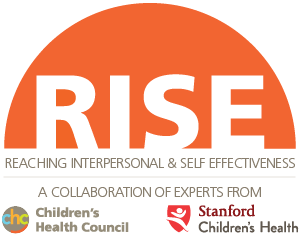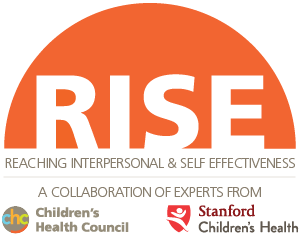Self-Harm: A Sign of Emotional Distress
 Hurting yourself—or thinking about hurting yourself—is a sign of emotional distress. These uncomfortable emotions may grow more intense if a person continues to use self-harm as a coping mechanism. Learning other ways to tolerate the mental pain will make you stronger in the long term. Read more ›
Hurting yourself—or thinking about hurting yourself—is a sign of emotional distress. These uncomfortable emotions may grow more intense if a person continues to use self-harm as a coping mechanism. Learning other ways to tolerate the mental pain will make you stronger in the long term. Read more ›


 As the 32nd Summer Olympics came to a close, the TV aired hours of footage from the previous two weeks in Tokyo. The
As the 32nd Summer Olympics came to a close, the TV aired hours of footage from the previous two weeks in Tokyo. The 
 During my nearly 15 years as an adolescent psychiatrist, I have worked with hundreds of young people and their families seeking a path to mental health through problem-solving, relationship and communication tools—and when appropriate—medication. But, until last year, I had not seen hopelessness so prevalent in young people.
During my nearly 15 years as an adolescent psychiatrist, I have worked with hundreds of young people and their families seeking a path to mental health through problem-solving, relationship and communication tools—and when appropriate—medication. But, until last year, I had not seen hopelessness so prevalent in young people. 


 Dialectical Behavior Therapy (DBT) is a type of cognitive-behavioral therapy. DBT was originally developed in the 1980s by Marsha Linehan, a psychologist at the University of Washington.
Dialectical Behavior Therapy (DBT) is a type of cognitive-behavioral therapy. DBT was originally developed in the 1980s by Marsha Linehan, a psychologist at the University of Washington. Let’s face it. Life can be painful. While we can’t avoid pain, our resistance to accept reality only exacerbates our suffering. In this podcast episode, we sat down with
Let’s face it. Life can be painful. While we can’t avoid pain, our resistance to accept reality only exacerbates our suffering. In this podcast episode, we sat down with 
 Dialectical Behavior Therapy (DBT) focuses on teaching people strategies to help them live their best and most productive life. DBT is often used to help people with depression, anxiety, borderline personality disorders, addictions, eating disorder, and PTSD.
Dialectical Behavior Therapy (DBT) focuses on teaching people strategies to help them live their best and most productive life. DBT is often used to help people with depression, anxiety, borderline personality disorders, addictions, eating disorder, and PTSD. 
 When we try to grasp for “a false sense of control” or fight against situations/emotions that we cannot change, this often leads to suffering. While there are certainly situations or circumstances in life that are within our control, often there are times when we simply are unable to change the reality of a situation.
When we try to grasp for “a false sense of control” or fight against situations/emotions that we cannot change, this often leads to suffering. While there are certainly situations or circumstances in life that are within our control, often there are times when we simply are unable to change the reality of a situation. 

 Dialectical behavior therapy (DBT) is a specific type of cognitive-behavioral psychotherapy that was developed by psychologist Marsha M. Linehan. CHC has created an easy-to-read infographic to explain what DBT is and how it works.
Dialectical behavior therapy (DBT) is a specific type of cognitive-behavioral psychotherapy that was developed by psychologist Marsha M. Linehan. CHC has created an easy-to-read infographic to explain what DBT is and how it works. 

